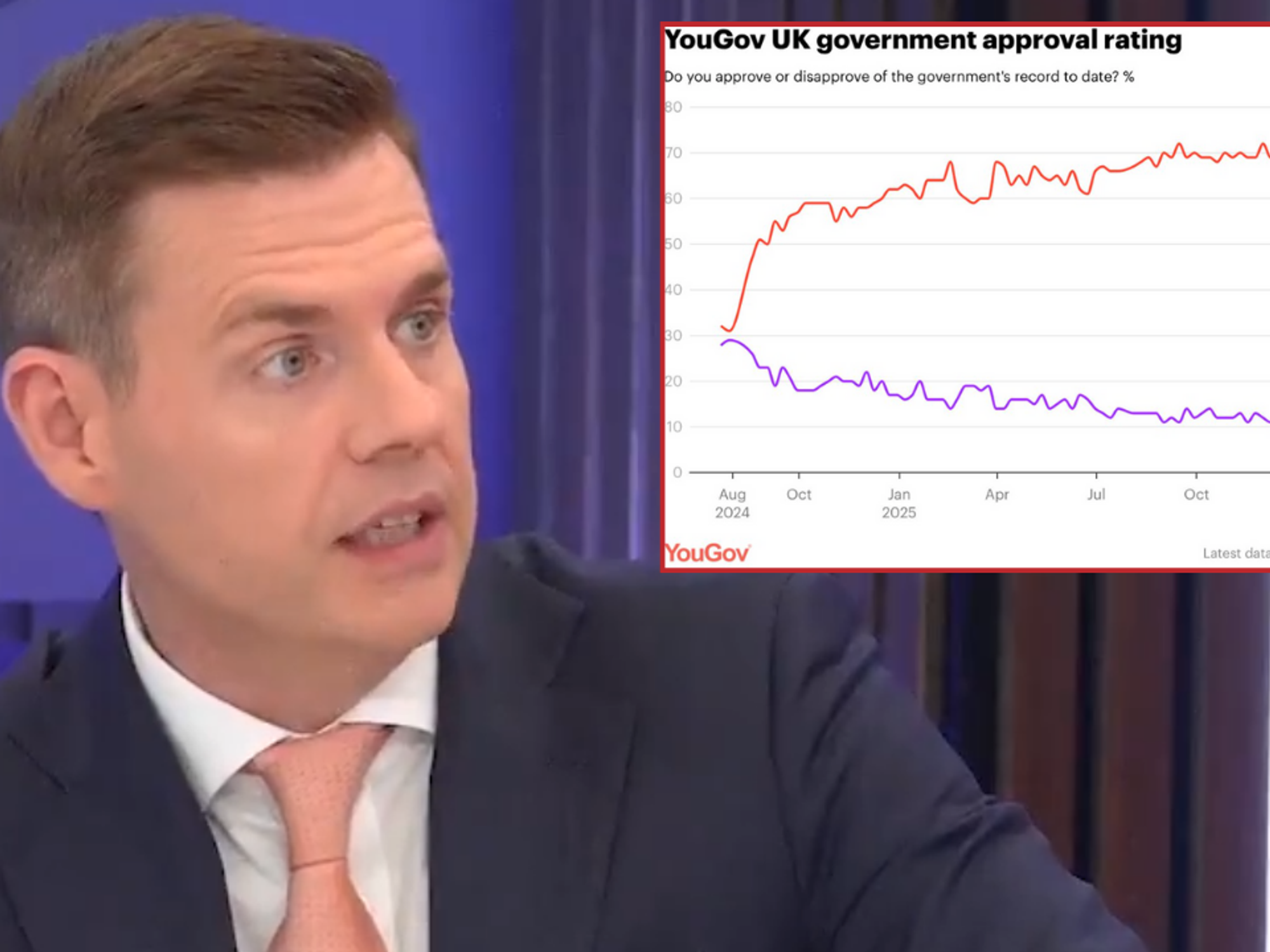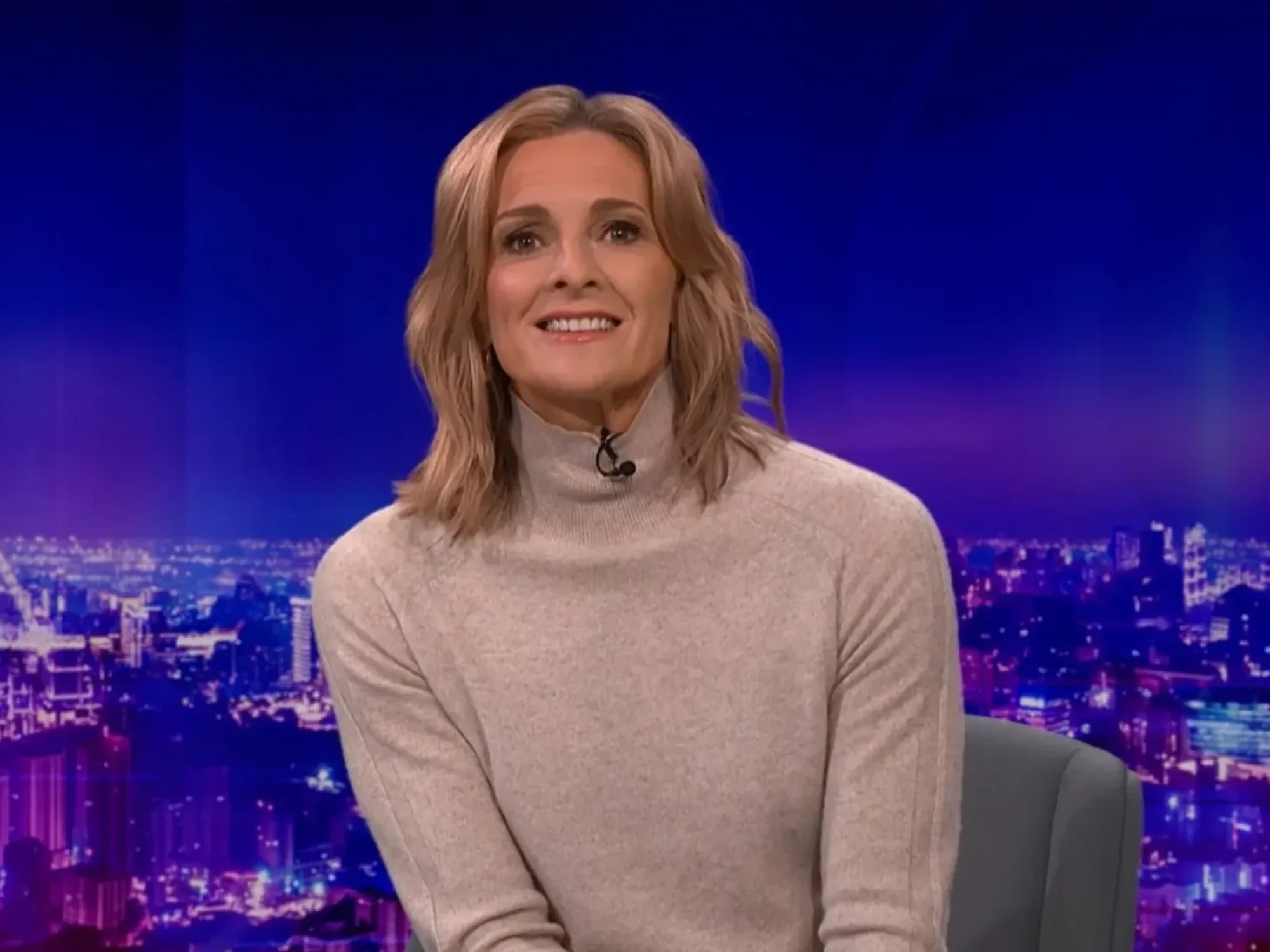BBC climate change output blasted ‘ludicrous’ as shock report exposes 30 cases of bias
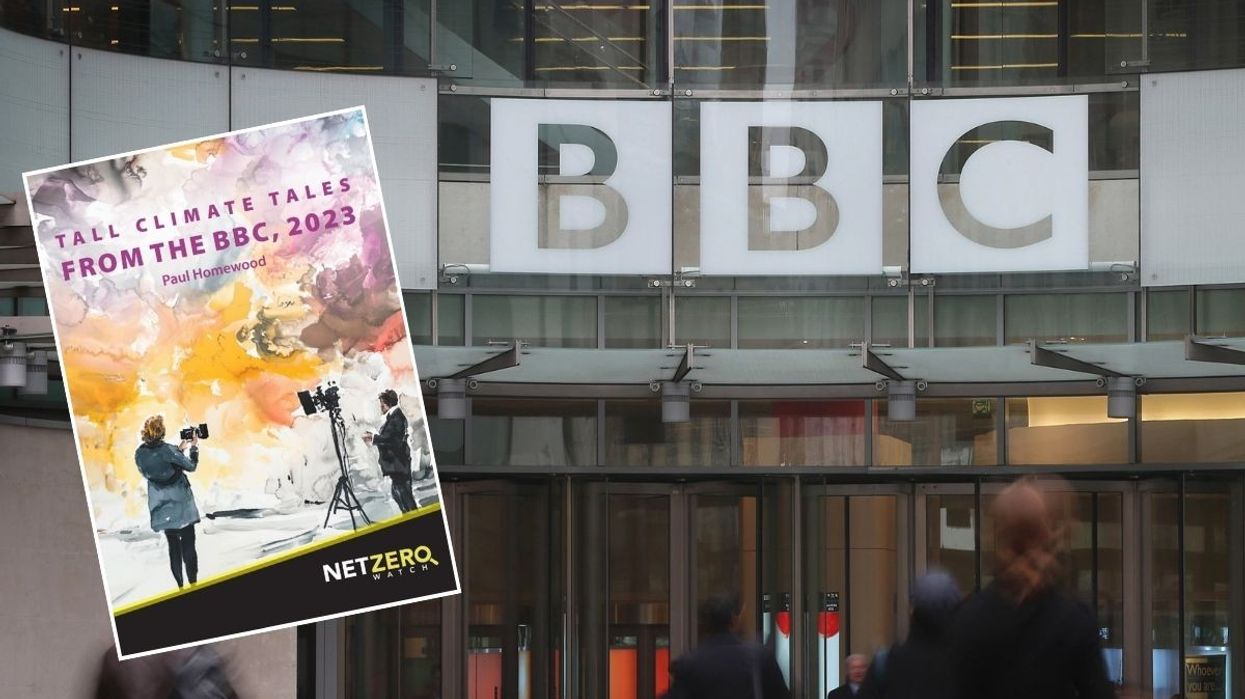
None |
Getty/ Net Zero Watch
An annual report from Net Zero Watch has found over thirty examples of misleading or nonfactual climate change stories by the BBC
Don't Miss
Most Read
A new report from Net Zero Watch has exposed misinformation and factually incorrect reporting by the BBC on climate change.
'Tall Climate Tales from the BBC, 2023' by Paul Homewood gives over 30 examples from last year alone showing how the public have been "misled".
According to Net Zero Watch, a group that advocates for a balanced and open debate on climate change policies, the BBC is little more than a "lobby group" where climate change is concerned which is not providing fully impartial stories the public is entitled to.
In the annual report released on Wednesday, Paul Homewood outlines how the BBC use climate change as the reason 'for everything from hot weather in Spain, to rare birds in England, to potholes in the road'.
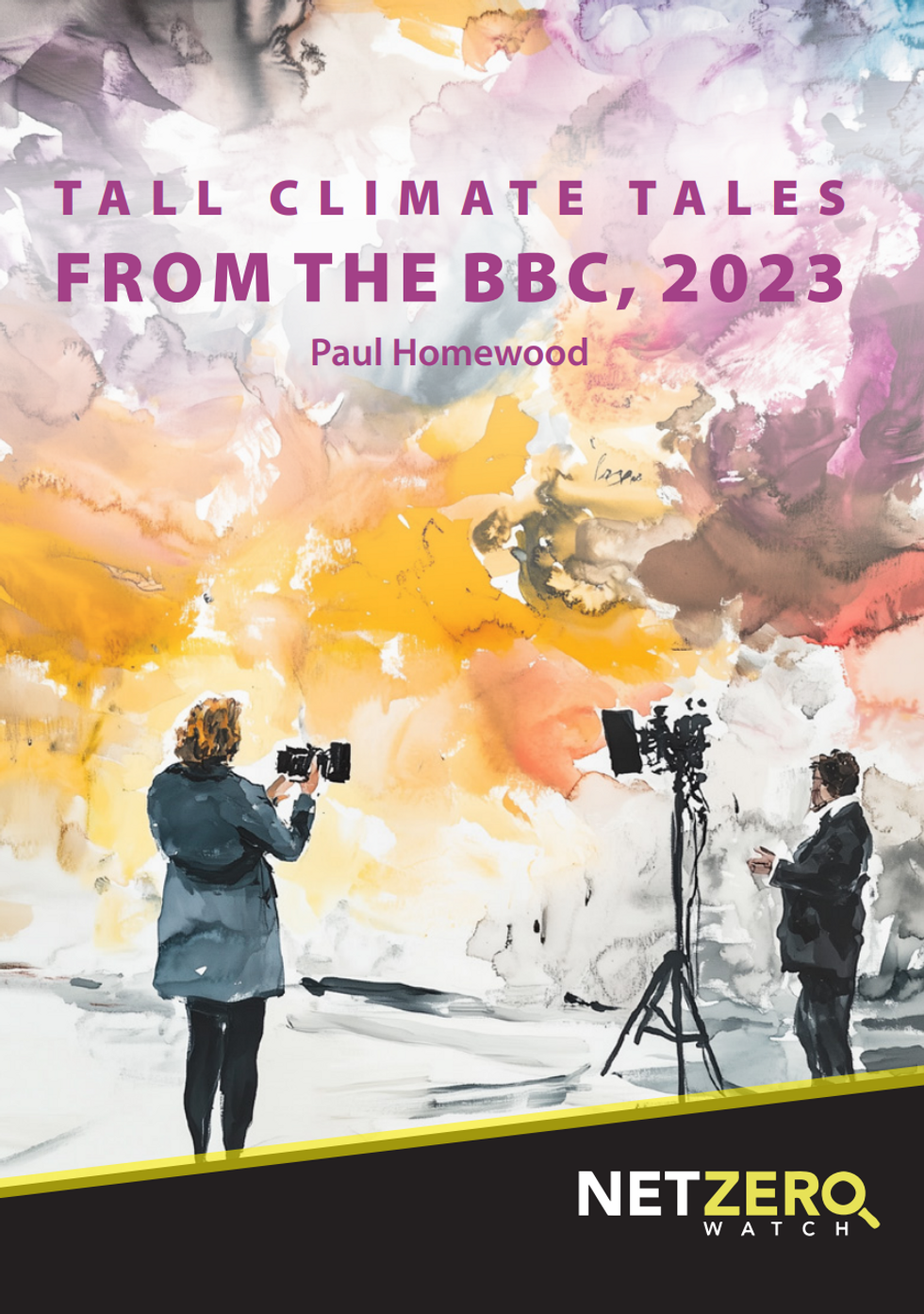
A new report from NetZero Watch has exposed misinformation and factually incorrect reporting by the BBC on climate change
|Net Zero Watch
Net Zero Watch’s Andrew Montford said about the BBC: "They want to use basically anything that they can possibly connect to climate change... whether it is true or not.
"There are so many stories in this paper. The thing that struck me when I first saw the manuscript was just how many examples the author had found.
"There are over 30. And he's clearly only scratching the surface of what the BBC has done. And some of the connections they make are utterly ludicrous."
Montford describes one example of the BBC blaming climate change for a rare bird called the black-winged stilt being pushed to fly to the UK.
Montford said: "You only have to look for a moment at the ornithological records to see that this bird has been seen in the UK since at least the 17th century, so it's utter madness to say it has something to do with climate change."
In another story from the BBC, a report blamed climate change for a woman in Indonesia who was attacked by a crocodile on her way to the village waterhole.
The BBC said a drought, which was caused by climate change, had dried up the well in front of her house but Homewood argued that droughts in that region are "driven by El Nino and Indian Ocean Dipole cycles" and there is no evidence that the drought last year was worse than normal.
In the lead up to the General Election, Justin Rowlatt, the BBC’s Climate Editor, also wrote on the Reform Party's energy policies claiming that solar and wind power are cheaper than gas generation.
According to Net Zero Watch's report, official government data shows that they are actually considerably greater, however, this "inconvenient truth does not fit in with the BBC’s renewable agenda."
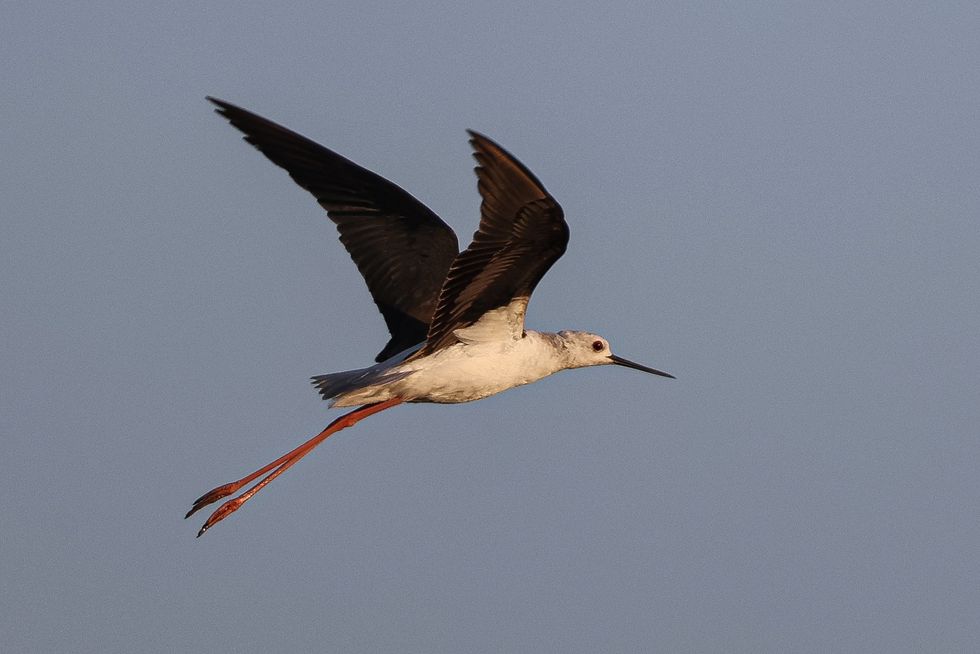
The BBC blamed climate change on the rare black-winged stilt being spotted in the UK
|Getty
LATEST FROM MEMBERSHIP:
Last year, the BBC also blamed climate change on a future without beer and bananas.
The BBC claimed that as temperatures rise due to climate change bananas are set to get more expensive according to Pascal Liu, senior economist at the UN's Food and Agriculture Organisation.
But Net Zero Watch said the BBC must be "unaware that the world output of bananas has risen sixfold since the 1960s ‘despite climate change’."
Similarly, the BBC reported that climate change threatens to "call time" on beer in the UK as it is going to be too hot to grow hops in Kent.
But Net Zero Watch pointed out that hops are grown in much warmer climates in central Europe.
A BBC Spokesperson said: "We reject the one-sided narrative of this report. The BBC’s climate coverage is defined by the specialist knowledge and expertise of its experienced, impartial journalists.
"We are committed to reporting on the climate, energy and the environment using a wide range of scientific sources. We provide context and analysis on these topics in line with our strict editorial guidelines."







